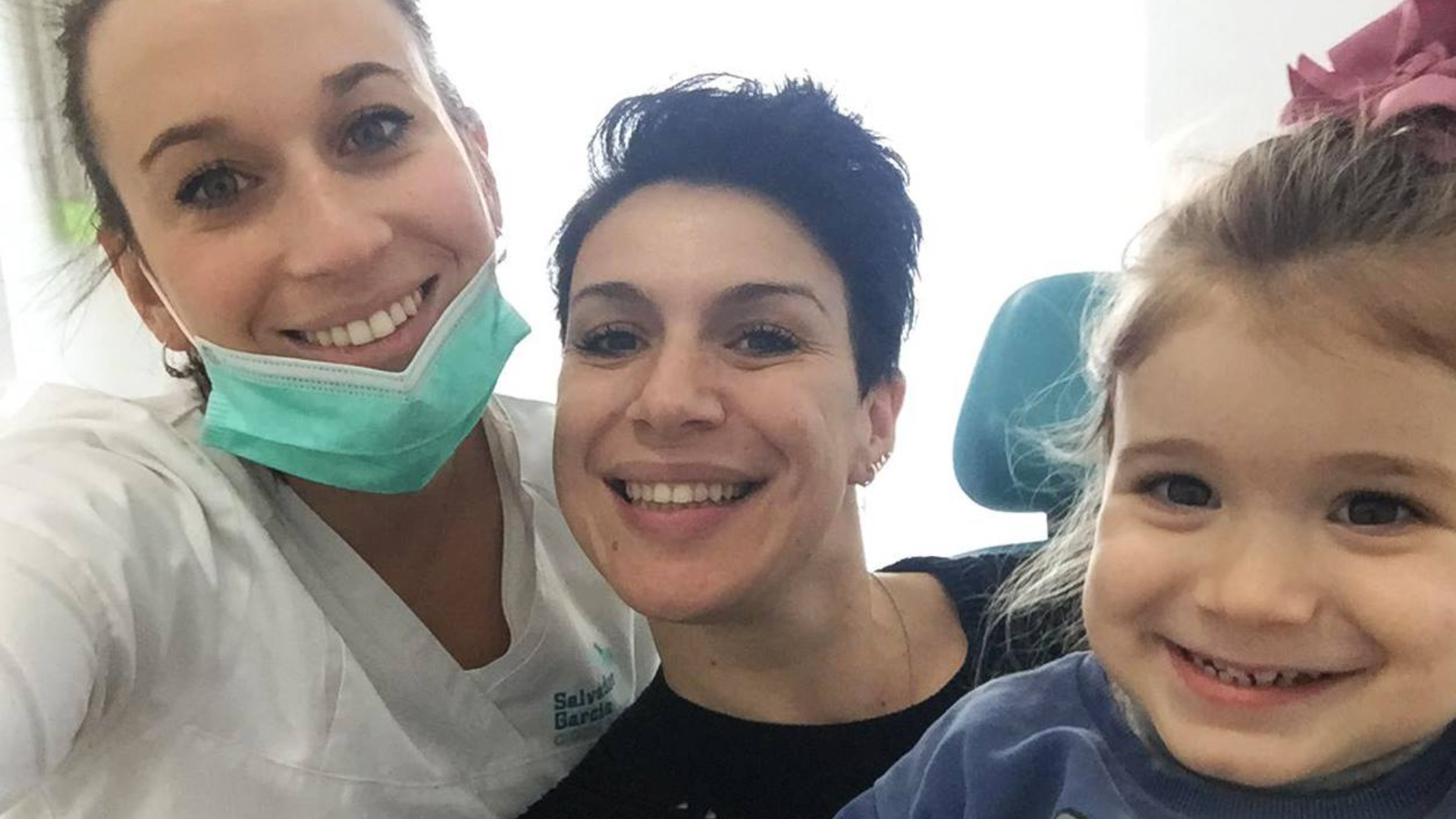How to Get Free Dental Care: A Complete Guide!
Access to dental care is essential for maintaining overall health.
Yet it can be a significant financial burden for many.
Fortunately, various free dental services are available aimed at alleviating these costs.
This article provides an overview of these policies, their importance, and how you can access free dental care across the country.
The Importance of Free Dental Services
Dental health is intrinsically linked to overall well-being. Poor oral health can lead to various issues, including infections, cardiovascular disease, and even complications in pregnancy.
By providing free dental services, the country ensures that its citizens can maintain good oral health without the burden of high costs, ultimately contributing to a healthier population.
Overview of Free Dental Services
Free dental care policies primarily focus on children, teenagers, and certain adult groups.
The aim is to ensure that every child has access to essential dental services, promoting lifelong oral health from an early age. Here’s a breakdown of what’s available:
- Free Dental Care for Children and Teenagers: All children and teenagers up to the age of 18 are entitled to free basic dental care. This includes regular check-ups, preventive care, fillings, and extractions if necessary.;
- Community Services Cardholders: Adults with a Community Services Card can access emergency dental care at reduced rates. This card is a means-tested benefit designed to help those on low incomes.
- Special Dental Benefits: Certain groups, such as pregnant women, individuals with specific medical conditions, and older adults, may also qualify for additional free or subsidised dental services.
Accessing Free Dental Care
The process to access free dental care is straightforward but varies slightly depending on the age and eligibility of the patient. Here’s how you can navigate the system:
For Children and Teenagers
- Enrolment: Enrolling your child with a local dental service provider is the first step. Most children are automatically enrolled through their school, but parents can also contact local dental clinics directly.
- Routine Check-ups: Once enrolled, children are entitled to free annual check-ups. These check-ups help detect and prevent dental issues early on.
- Treatment: If any dental issues are identified during the check-up, the necessary treatments, such as fillings or extractions, are provided free of charge.
For Community Services Cardholders
- Check Eligibility: Ensure you have a valid Community Services Card. This card is available to those receiving income-related benefits or on low incomes.
- Find a Provider: Look for a dental clinic that accepts the Community Services Card. Not all clinics may participate, so it’s essential to confirm before making an appointment.
- Schedule an Appointment: Contact the dental clinic and inform them that you are a Community Services Cardholder. You may need to provide your card number when booking.
- Receive Treatment: Attend your appointment and receive the necessary emergency dental treatment. The costs will be reduced, making it more affordable.
For Special Dental Benefits
Identify Eligibility
Certain conditions, such as pregnancy, diabetes, and some chronic illnesses, may make you eligible for additional dental benefits. Check with your healthcare provider to see if you qualify.
Obtain Referral
In some cases, you may need a referral from your GP or specialist to access these additional dental services.
Find a Provider
Locate a dental clinic that offers the specific services you need. Your GP or specialist can often provide recommendations.
Schedule and Attend Appointments
Book your appointment and ensure you attend all scheduled treatments to take full advantage of the benefits.
The Role of District Health Boards (DHBs)
District Health Boards play a crucial role in administering free dental services across the country.
They are responsible for ensuring that dental care is accessible and of high quality.
Each DHB has a network of dental clinics, particularly for children and adolescents, and works with private providers to deliver these services.
Comparing to Other Countries
When compared to other countries, the approach to free dental care is commendable. For instance:
- Australia offers free dental services primarily to children under the Child Dental Benefits Schedule but has limited coverage for adults.
- Canada does not have a universal dental care system, and most dental services are paid out-of-pocket or through private insurance.
- The United Kingdom provides free dental care to children and subsidised care to adults through the NHS, but funding constraints can lead to longer wait times and limited availability of services.
The comprehensive approach ensures that preventive and essential dental services are widely accessible, contributing to better oral health outcomes across the population.
The Future of Free Dental Services
While current policies are robust, there is always room for improvement.
Ongoing discussions focus on expanding services to cover more adult populations and enhancing the quality and reach of dental care in rural areas.
By continually assessing and updating these policies, the aim is to provide equitable and comprehensive dental care for all residents.
Free dental services play a vital role in maintaining the oral health of the population.
From children and teenagers to low-income adults and special groups, the system is designed to ensure that everyone has access to essential dental care without financial barriers.
By understanding how to navigate these services, residents can take full advantage of the benefits available to them, leading to better health outcomes and a brighter smile.
In summary, the commitment to free dental care is not only a testament to its focus on public health but also a model for other nations to consider.
Whether you’re scheduling a routine check-up for your child or seeking emergency care with a Community Services Card, the process is straightforward and designed to support your dental health needs.

